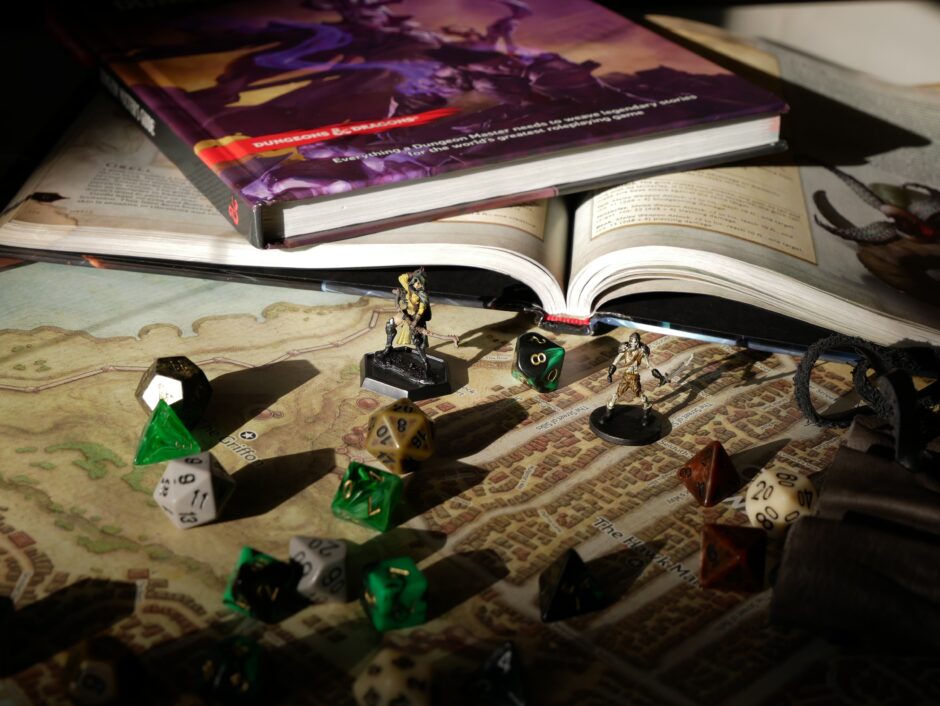
A few years back, I did a post called 27 sure-fire ways to get kicked out of a game. Since it’s been a while, I thought I’d do an update of the list, particularly since the actual list only contained 25 items (mea culpa).
Even the most die-hard GMs will change sides of the table occasionally, even if it’s a pick-up game at a con. You’d think we’d make the perfect players, right? Wrong. Unfortunately, all too often GMs-turned-players are the most difficult players in a group. Here’s a tongue-in-cheek list of how exactly not to play.
- Repeatedly arrive extremely late to a game session without calling to let people know.
- Repeatedly miss a game session after assuring the GM you’d be there.
- Refuse to learn the basics of the rules of the system you’re playing.
- Hog the spotlight.
- Give long lectures on how the game you run is better than this one; tell the GM what he’s doing wrong and offer frequent unsolicited advice on how to run the way you would.
- Recite a Monty Python or Princess Bride quote for everything that happens during the game.
- Insist on roleplaying every moment of an extremely boring supply run. (Interesting, RP-focused supply runs are great).
- Turn everything said into a sexual innuendo.
- Make overt sexual advances to every eligible PC in the party.
- Make overt sexual advances to every eligible player in the group.
- Argue for every advantage you can squeeze out of the system, even if it takes an hour to win a +1 bonus.
- Insist that the GM look up an obscure rule in the middle of combat.
- Expect everything to go your way because the GM is your significant other.
- Loudly and frequently complain about how your favorite rules system is better than the one the GM is currently using.
- Constantly brag about your über-character in another game and how she would wipe the floor in this one.
- Refuse to get dice of your own and insist on rolling other people’s favorites.
- Continuously forget to bring your character sheet so you can make up numbers on the fly.
- Play while drunk (or high)–unless your entire group enjoys drinking to excess while gaming.
- Deliberately and/or constantly ignore the rules of the house you’re playing in (such as putting your feet on the coffee table, not using a coaster, etc.)
- Torment your host’s pet(s).
- Play computer games while you’re in session to point it distracts other players
- Repeatedly charm members of your own party.
- Repeatedly steal from members of your own party.
- Insist on going off on your own on a regular basis.
- Claim every useful bit of treasure as your own.
How about you? What have I forgotten that really raises your hackles? Please share!






